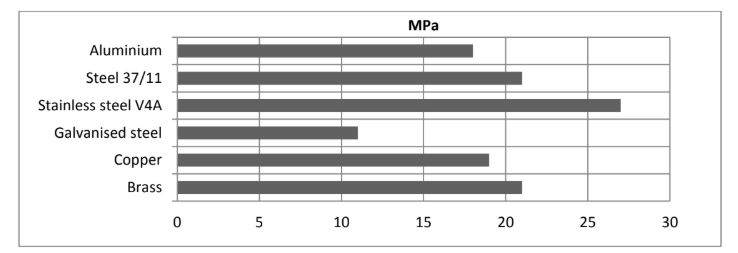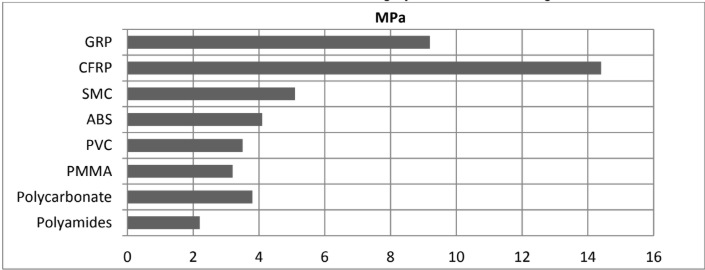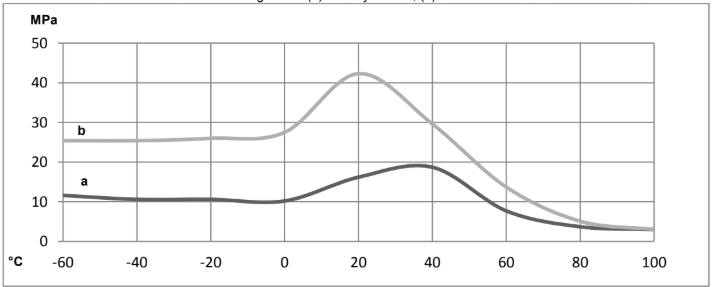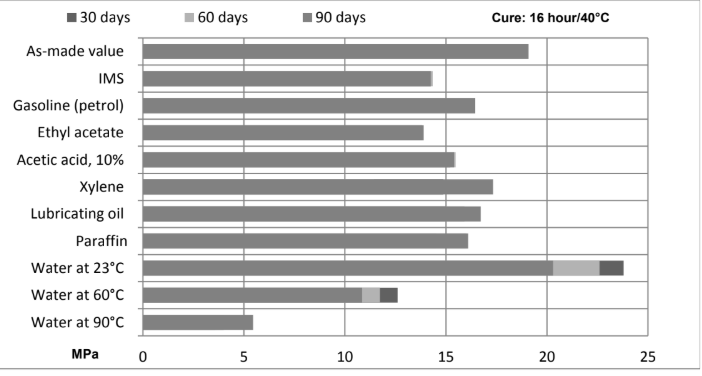Enhanced TDS
Identification & Functionality
- Chemical Family
- RTU Product Type
- Technologies
- Product Families
Features & Benefits
- Ready-to-Use Product Features
- Applications
- Metals
- Ceramics
- Glass
- Vulcanized Rubber
- Plastics
- Product Properties
- Fast curing
- General purpose
- Low shrinkage
- Bonds a wide variety of materials
- Tough and resilient
Applications & Uses
- Compatible Substrates & Surfaces
- Markets
- Applications
- Applications
- The resin/hardener mix may be applied manually or robotically to the pretreated and dry joint surfaces.
- A layer of adhesive 0.05 to 0.10 mm thick will normally impart the greatest lap shear strength to the joint.
- The joint components should be assembled and secured in a fixed position as soon as the adhesive has been applied.
Properties
- Physical Form
Regulatory & Compliance
- Certifications & Compliance
Technical Details & Test Data
- Processing Information
Pretreatment
- The strength and durability of a bonded joint are dependant on proper pretreatment of the surfaces to be bonded.
- At the very least, joint surfaces should be cleaned with a good degreasing agent such as acetone or other proprietary degreasing agents in order to remove all traces of oil, grease and dirt. Low grade alcohol, gasoline (petrol) or paint thinners should never be used.
- The strongest and most durable joints are obtained by either mechanically abrading or chemically etching (“pickling”) the degreased surfaces.
- Abrading should be followed by a second degreasing treatment.
Property
Parts by Weight
Parts by Volume
Araldite® AW 2104 100 100 Hardener HW 2934 100 100 Equipment maintenance
- All tools should be cleaned with hot water and soap before adhesives residues have had time to cure.
- The removal of cured residues is a difficult and time-consuming operation.
- If solvents such as acetone are used for cleaning, operatives should take the appropriate precautions and, in addition, avoid skin and eye contact.
Typical times to minimum shear strength
Temperature (°C) 10 15 23 40 60 100 Cure Time to Reach >1 MPa (hours) - - - - - - LSS > 1 MPa (minutes) 35 20 20 5 2 < 1 Cure Time to Reach >10 MPa (hours) 2 - - - - - LSS > 10 MPa (minutes) - 70 60 25 10 2 LSS = Lap shear strength.
- Cured Properties
Average lap shear strengths of typical metal-to-metal joints (ISO 4587) (typical average values)
Cured for 16 hours at 40°C and tested at 23°C. Pretreatment - Sand blasting
Average lap shear strengths of typical plastic-to-plastic joints (ISO 4587) (typical average values)
Cured for 16 hours at 40°C and tested at 23°C. Pretreatment – Lightly abrade and alcohol degrease.
Lap shear strength versus temperature (ISO 4587) (typical average values)
On aluminium. Pretreatment - Sand blasting. Cure: (a) = 7 days /23°C; (b) = 24 hours/23°C + 30 minutes/80°C
Roller peel test (ISO 4578) (typical average values) On etched aluminium
Cure: 48 hours / 20°C : 3.5 N/mm
Cure: 16 hours / 40°C : 5.5 N/mm
Cure: 2 hours / 80°C : 5.5 N/mmFlexural Properties (ISO 178) (typical average values)
Cure 16 hours at 40oC , tested at 23°C
Flexural Strength : 46 MPa
Flexural Modulus : 1654 MPaLap shear strength versus immersion in various media (ISO 4587) (typical average values)
On aluminium, cured for 16 hours at 40°C and tested at 23°C. Pretreatment - Sand blasting
Unless otherwise stated, L.S.S. was determined after immersion for 30, 60 and 90 days at 23°C
Lap shear strength versus tropical weathering (ISO 4587) (typical average values)
(40°C/ 92% RH), on aluminium, cured for 16 hours at 40°C and tested at 23°C. Pretreatment - Sand blasting
Lap shear strength versus heat ageing (ISO 4587) (typical average values)
On aluminium, cured for 16 hours at 40°C and tested at 23°C. Pretreatment - Sand blasting
Property
Test Method
Test Values
Dielectric strength (Volt/mil) ASTM D-149 425 Surface resistivity (Ohm) IEC 60093 1.5 E+15 Volume resistivity (Ohm-cm) IEC 60093 5.7 E+14 Dielectric constant at 50Hz/1kHz/10kHz IEC 60250 4.4 / 4.4 / 4.3 Loss tangent, % at 50Hz/1kHz/10kHz IEC 60250 0.8 / 0.7 / 1.0
Storage & Handling
- Storage and Handling Precautions
Storage
- Araldite® AW 2104 and Hardener HW 2934 must be stored at room temperature provided the components are stored in sealed containers.
Handling Precautions
- Our products are generally quite harmless to handle provided that certain precautions normally taken when handling chemicals are observed.
- The uncured materials must not, for instance, be allowed to come into contact with foodstuffs or food utensils, and measures should be taken to prevent the uncured materials from coming in contact with the skin, since people with particularly sensitive skin may be affected.
- The wearing of impervious rubber or plastic gloves will normally be necessary; likewise the use of eye protection.
- The skin should be thoroughly cleansed at the end of each working period by washing with soap and warm water.
- The use of solvents is to be avoided. Disposable paper - not cloth towels - should be used to dry the skin.
- Adequate ventilation of the working area is recommended.
Other
- Appearance
- Pale yellow yellow to reddish / orange
- Application Information
Value Units Test Method / Conditions Mix Ratio 1.0 - Hardener : Resin - Physical Properties
Value Units Test Method / Conditions Lap Shear Strength min. 20.0 MPa MPa Internal Method at 25°C Specific Gravity approx. 1.18 - Viscosity 25.0-65.0 Pa.s Pa.s at 25°C
